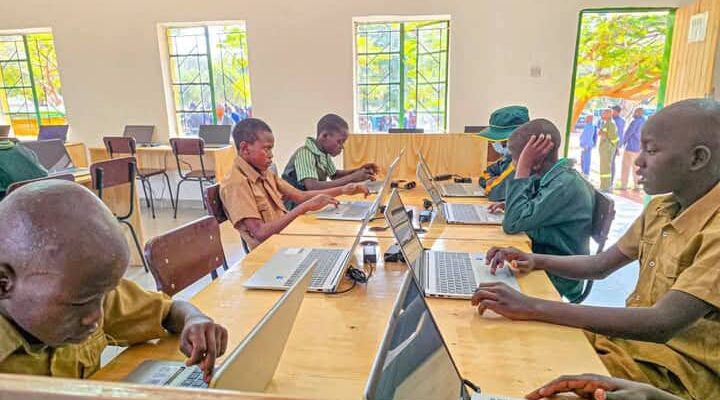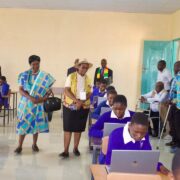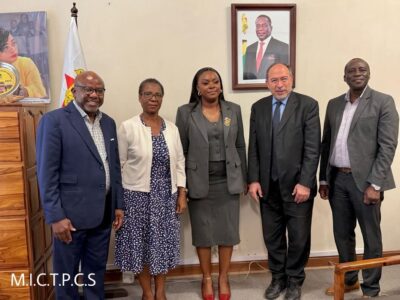The Ministry of Primary and Secondary Education has introduced a new Information, Communication, and Technology (ICT) syllabus, rooted in the Heritage-based curriculum, to accelerate digital literacy and skills among pupils and teachers.
Manicaland Provincial Education Director, Mr. Richard Gabaza, announced the development during the provincial Science, Sport, and Arts festival in Mutare.
“In the digital era, literacy has evolved. It is no longer simply the ability to read and write on paper, but the power to navigate a world shaped by information, devices, and virtual platforms. Digital literacy – the ability to access, analyse, create and communicate using digital tools, has become a basic human right and an economic necessity”.
The Ministry is implementing initiatives to spread digital skills among youths and adults who missed out on formal education, including community learning centres, evening classes, mobile training sessions, and lifelong learning programmes. “Through non-formal education pathways, we are widening the door of opportunity, It is inspiring to see learners of all ages with mobile apps, online courses, and digital content to improve their livelihoods, their businesses, and their understanding of the world,” Mr. Gabaza said.
While acknowledging challenges such as inconsistent access and limited digital infrastructure in rural areas, Mr. Gabaza emphasized the need to innovate, collaborate, and empower teachers through ICT capacity building. “We must continue to leverage technology not as a luxury, but as a bridge to opportunity, inclusion, and innovation,” he said.
The new syllabus aims to promote skills development through a Heritage-Based Curriculum, which encourages innovation rooted in tradition.














Comments